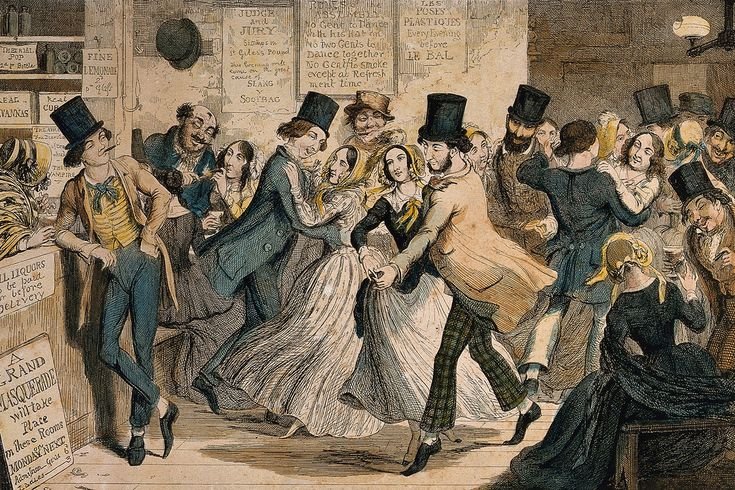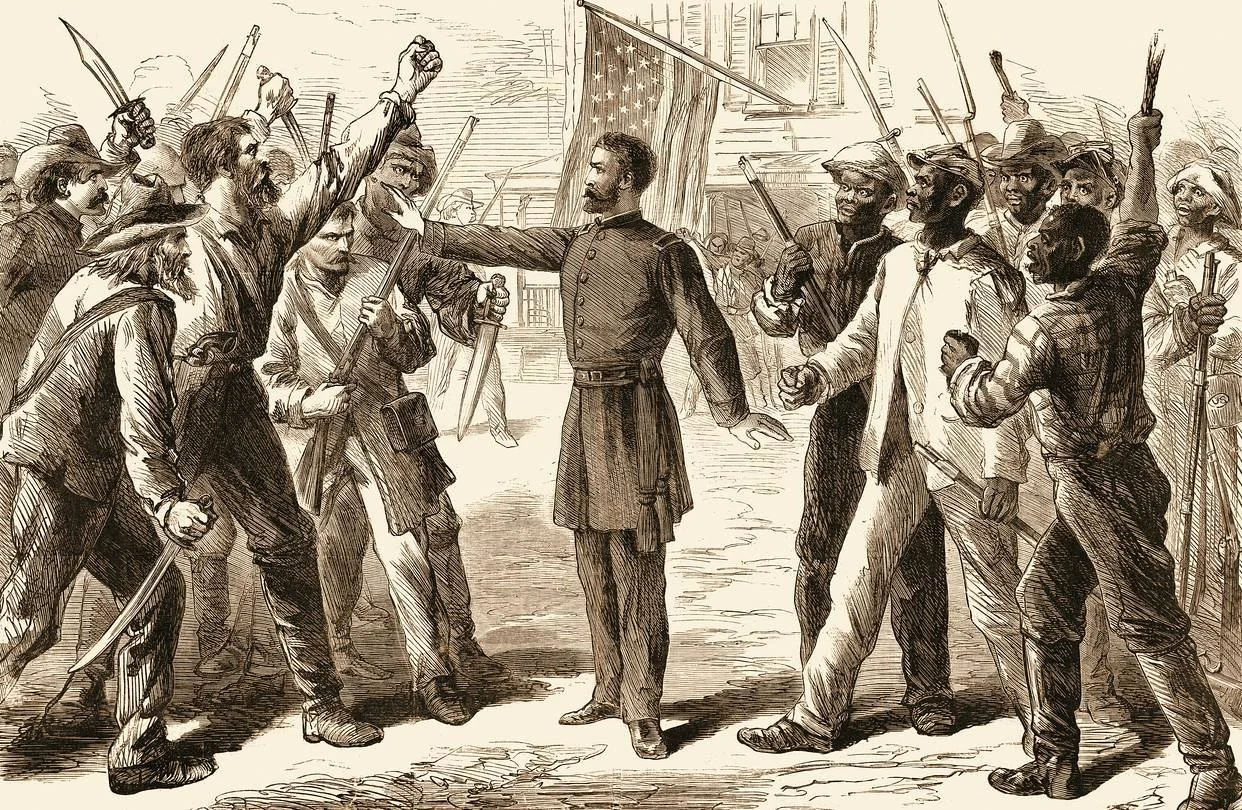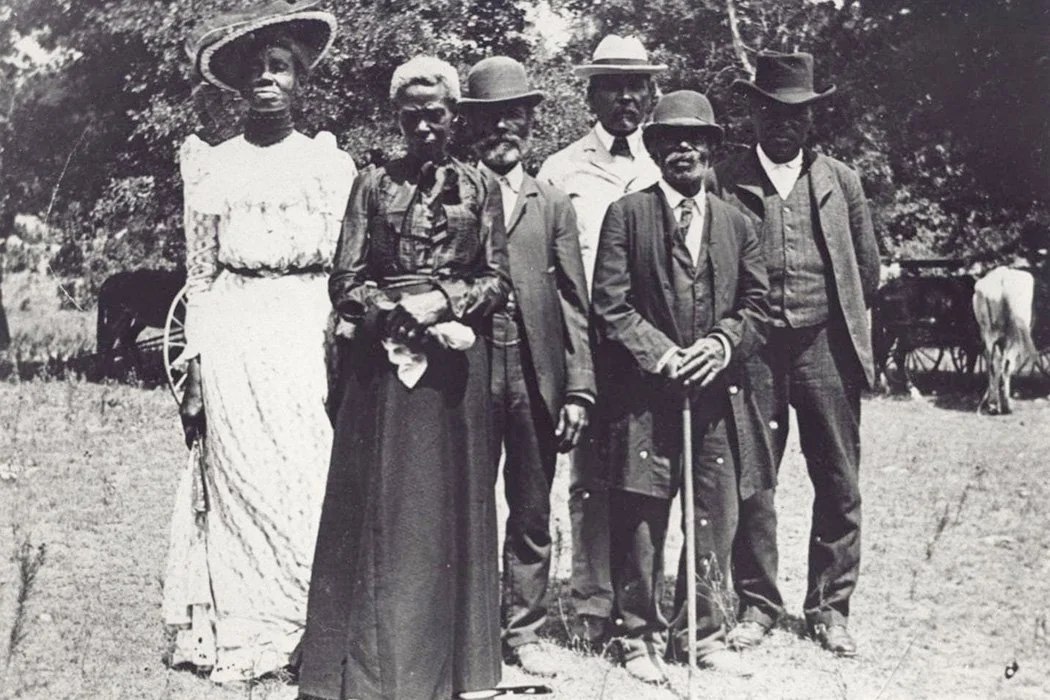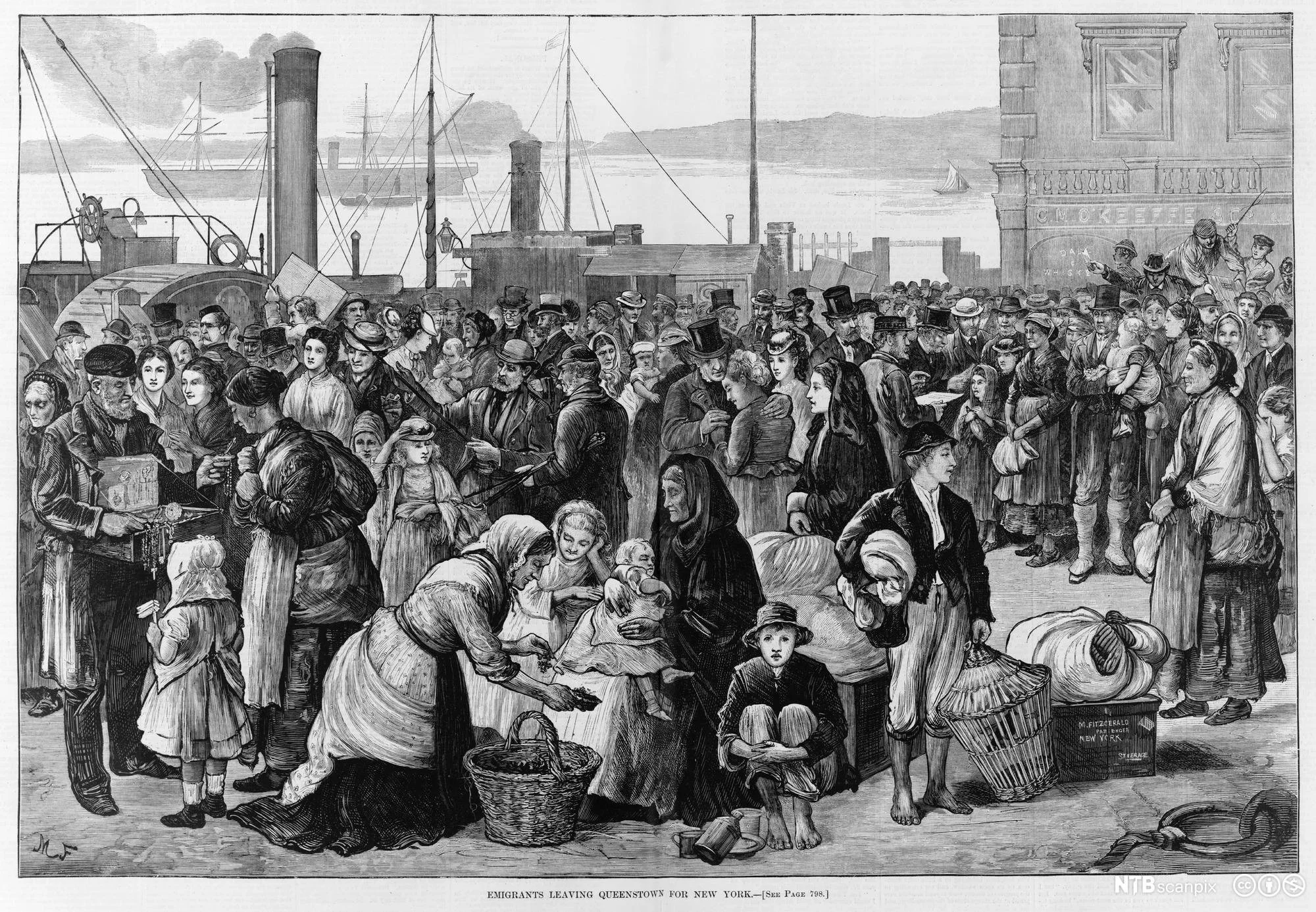By Shiv Sidecar
Summarise a hundred years’ worth of world history in 10 or 20 songs? Immediately! Four or five for every continent? Child’s play! [Pause] Um, really? Listening to this week’s Song Bar nominations seemed to reinforce Sellar & Yeatman’s conclusion to their fine historical work, 1066 And All That:
“America was thus clearly top nation, and History came to a .”
There was such a strong bias towards songs about 19th-century American history this week (Civil War, slavery, western gunslingers) that you are being treated (if that’s the word) to not one but two slightly more balanced A-lists – one of songs about the Americas and the other about the Rest of the World. We can only scratch the surface. Warning: large portions of history are missing from these lists.
19th Century – The Americas
Setting the scene, The Beach Boys’ “The Trader” explains the legitimisation of conquest and how the white man came to be in command of large swathes of North America by 1800, and onwards. An epic Carl Wilson song, in two distinct movements.
Leaping forward a third of a century, we join the Mexican troops outside The Alamo, which John Wayne would not recognise from Babe Ruth’s song “The Mexican”. Recorded in the prog-rock era, and incorporating phrases from Ennio Morricone, this song was somehow picked up in clubs many years later and is now rated as a progenitor of hip-hop. On the other side of the continental divide Bob Dylan is trudging amongst the columns of gold rush prospectors in the High Sierras. The punishing “Days of ‘49” started life as a poem by Joaquin Miller.
The Civil War and abolitionism of slavery
Dylan’s sufferings were severe but self-inflicted, but the modern imagination can hardly encompass the cruelty, indifference and pain inflicted by the Americans who stole and enslaved millions of their fellow human beings. Many songs commemorate those millions; Burning Spear’s “Slavery Days” ends with the plea “Try and remember, please remember”. In recent years, Americans have rediscovered the remarkable Harriet Tubman, herself an ex-slave. who became a prominent abolitionist and a ‘conductor’ on the Underground Railroad for fleeing slaves. She didn’t pass unnoticed though; the prolific Woody Guthrie made her the subject of an explanatory ballad. Fleeing slaves were also encouraged to learn a song “Follow The Drinking Gourd” (the points of the Big Dipper indicating the Pole Star in the north), sung here by the great Richie Havens.
Juneteenth Emancipation Day: former slaves remembering the Freedom Proclamation on 19 June 1865
Is it really true that during the Civil War the King of Siam sent Abraham Lincoln seven war elephants to overrun the Confederate army? Nobody saw them at the time, and they haven’t found them yet. Thanks to Clutch for this excellent piece of alternative history.
The aftermath of the Civil War was long and (still) divisive. Some freed slaves were promised 40 acres of land (and a mule). This rarely materialised - hence Sound Experience’s furious chant of “Give me my mule!” One freed slave who made a name for himself was Tom Wiggins, who became a performing prodigy under the name of Blind Tom. Tom could listen to any piece of music and play it back on the piano immediately. Elton John plays tribute in this beautiful stripped-down piece. Around the country families were torn apart. Rosanne Cash’s “When The Master Calls The Roll” sees a couple torn apart just before they are due to be married – a narrative based on some of Cash’s own ancestors. And Etta James sings about the campaign for womens’ votes leading up to the passing of the 19th Amendment in the 20th century.
Outlaws and the Wild West loom large in what Clive James once christened Mythical America, and there were many nominations for songs tinspired by them this week. It’s a topic visited before, so here’s just one – Billy Joel’s cinematic “Ballad Of Billy The Kid”. In the final verse, Joel (as a child) fantasises about becoming another Billy The Kid when he grows up. No chance. This section closes with another mini-symphony from The Beach Boys, this time written by Brian Wilson and Van Dyke Parks. The much-loved “Cabin Essence” is a romanticised evocation of railroad construction across 19th C pioneer America, and if you haven’t heard it before, you know what to do.
19th Century – The Rest of The World
Meanwhile… elsewhere in the world, societies and culture have been established and developed over long centuries. Surely we’re at a pinnacle of civilisation? XTC’s “Towers Of London” describes a great city populated by expensively dressed people. We all recognise this – because we’ve seen it on a Quality Street tin. But look between the cracks – the navvies who built the city don’t live in it, but return to Dublin. and “Victoria’s gem [is] found in somebody’s hell”. Happiness doesn’t follow, either – The Fall’s “Spoilt Victorian Child” may live in a world of cakes, fairies and tigers, but “mirrors can't hide the toxin of disfigured poxes”.
In truth, many of the population still lived in degrees of poverty. The lyrics of Chumbawamba’s “Song On The Times” date from the 1840s, and chide Old England for ignoring their worker’s dwellings and non-wages. Megson tell the story of two destitute boys attempting to sell matches on a frozen night, but with only one pair of boots between the two of them. Despite the slightly sentimental ending, nothing is resolved, or can be. But resistance is possible. The Men They Couldn’t Hang’s “Ironmasters” tells of the Merthyr Rising in 1831 – ultimately a failure, but hugely symbolic for many (and allegedly the first use of a red flag as a symbol of opposition).
Off to America: Emigrants leaving Queenstown in Ireland
One consequence of poverty and poor health was mass emigration. The potato famine saw thousands of starving people leave Ireland for America, as recorded by The Pogues. In a twist, David Bridie’s “The Koran, The Ghan And A Yarn” is about the mass importation of Afghan camels in to Australia to work in the dry centre of the continent. Feral camels still roam the desert.
Sadly we only had one nomination for a song about a mad monarch, but it’ll do: German psychedelicists Amon Düül II are in pranksome mood on their song about Mad King Ludwig of Bavaria. The lyrics (on YT) are great fun.
Time for some culture: Jonathan Richman & the Modern Lovers’ take on Vincent Van Gogh is interesting, not least because Jonathan asks the band for their opinions during the recording: “He loved colour and he let it show.” Neil Innes’s friend Anne likes Cezanne, which makes for a listenable novelty song, and a triumph for the BBC’s video department of 1980. Brigitte Fontaine’s “Comme Rimbaud” names about twenty major cultural figures (not all 19th century… ) “Je suis sale comme Rimbaud… mais peut-être après tout n'aimez-vous pas la poésie?” (Translations can be found).
Finally, The Big One. It had to come up eventually, and today I’m on duty. So, finally facing my Waterloo, welcome to the Marconium ABBA, and “Waterloo”. It rattles along, the band look politely fetish-y and the lyrics are a 19th-century metaphor – what more can we reasonably ask for?
A-List Playlist – Part 1: The Americas
The Beach Boys – The Trader
Babe Ruth – The Mexican
Bob Dylan – Days Of ’49
Burning Spear – Slavery Days
Woody Guthrie – Harriet Tubman’s Ballad
Richie Havens – Follow The Drinking Gourd
Clutch – Elephant Riders
Sound Experience – 40 Acres And A Mule
Elton John – The Ballad Of Blind Tom
Rosanne Cash – When The Master Calls The Roll
Etta James – Sufferin’ Till Suffrage
Billy Joel – The Ballad Of Billy The Kid
The Beach Boys – Cabin Essence
A-list Playlist – Part 2: The Rest of the World
XTC – Towers Of London
The Fall – Spoilt Victorian Child
Chumbawamba – Songs On The Times
Megson – Two Match Lads
The Men They Couldn’t Hang – Ironmasters
The Pogues – Thousands Are Sailing
David Bridie – The Koran, The Ghan And A Yarn
Amon Düül II – Ludwig
Jonathan Richman & the Modern Lovers – Vincent Van Gogh
Neil Innes – I Like Cezanne
Brigitte Fontaine – Comme Rimbaud
ABBA – Waterloo
The Bygone Times B-List Playlist:
Ed Harcourt – We All Went Down With The Ship
The Charlatans (US) – Codine
Warren Zevon – Lord Byron’s Luggage
The Unthanks – The Night Is Darkening Round Me
Public Image Limited – Out Of The Woods
Titus Andronicus – A Pot In Which To Piss
Dead Moon – 54/40 Or Fight
Culture – Innocent Blood
Lake Ruth – Dr Snow And The Broad Street Pump
Jad & David Fair – Frankenstein
Thee Headcoatees – Davey Crockett (Gabba Hey)
Guru’s Wildcard Picks:
Another Z-list playlist of songs I might have nominated this week …
Buffy Sainte-Marie – Soldier Blue
The Long Ryders – Harriet Tubman’s Going To Carry Me Home
The Beach Boys – Steamboat
The Men They Couldn’t Hang – Rain, Steam, Speed
Blyth Power – The Thin Red Line
Al Stewart – Old Admirals
Madness – The Liberty Of Norton Folgate
Paul Roland – The Crimes Of Dr Cream
Meic Stevens – The Great Houdini
Would-Be-Goods – Bad Lord Byron
The Teardrop Explodes – The Great Dominions
New Model Army – Great Expectations
These playlists were inspired by readers' song nominations from last week's topic: Great exhibitions: songs about 19th century life and culture. The next topic will launch on Thursday at 1pm UK time.
New to comment? It is quick and easy. You just need to login to Disqus once. All is explained in About/FAQs ...
Fancy a turn behind the pumps at The Song Bar? Care to choose a playlist from songs nominated and write something about it? Then feel free to contact The Song Bar here, or try the usual email address. Also please follow us social media: Song Bar Twitter, Song Bar Facebook. Song Bar YouTube, and Song Bar Instagram. Please subscribe, follow and share.
Song Bar is non-profit and is simply about sharing great music. We don’t do clickbait or advertisements. Please make any donation to help keep the Bar running:




